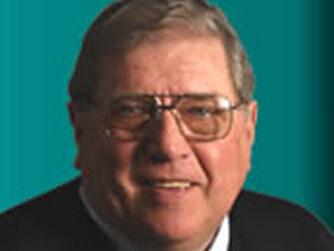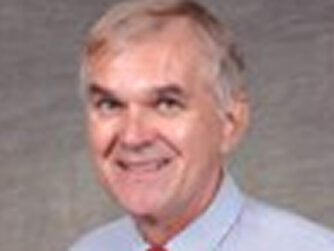Desmond Upton
Patton, PhD
What if joy could be more than a feeling? What if it could be a framework for healing, leadership and change?
In this episode, Desmond Upton Patton, PhD, shares how his groundbreaking research into social media, artificial intelligence and community violence led him to study joy as an intentional practice. Patton discusses how joy can act as an intervention for trauma and grief, a guide for policy and leadership rooted in humanity, and a sustaining practice that nurtures resilience and connection.
Drawing from his experiences working with young people and developing new approaches to AI and digital well-being, Patton reveals how cultivating joy can transform both personal and collective action. He explains that when leaders and practitioners approach their work through a lens of joy, they open space for creativity, empathy and healing, turning social work and policy into vehicles for liberation rather than reaction.

Desmond Upton Patton, PhD, is the 31st Penn Integrates Knowledge University Professor and the Waldo E. Johnson Jr. Professor of Communication at the University of Pennsylvania. A member of the National Academy of Medicine and an Obama Foundation USA Leader, Patton explores the intersection of social media, AI and community well-being in his research. His work focuses on integrating joy into technology, leadership and social change as a tool for equity and human connection.
Show Notes
Cite this podcast – Sobota, P. (Host). (2025, October 21). A Journey to Joy for Social Work, Social Policy and Leadership (No. 341)[Audio podcast episode]. In inSocialWork. University at Buffalo School of
Social Work.





